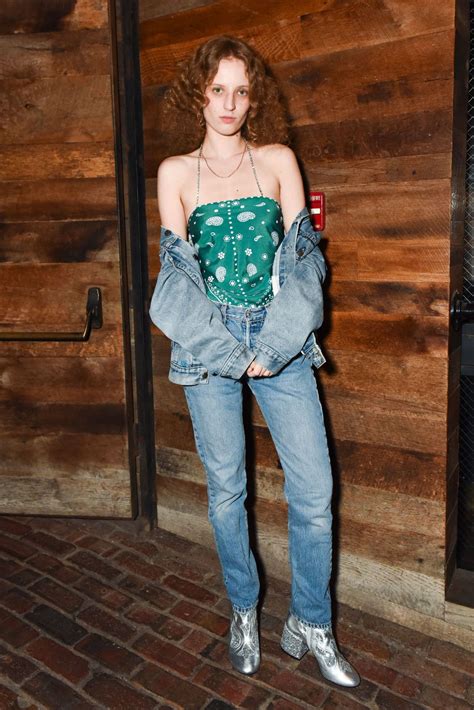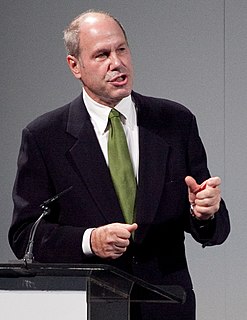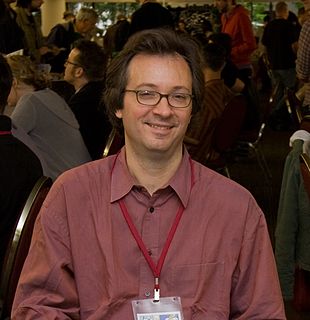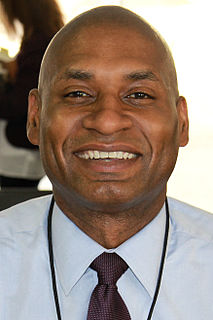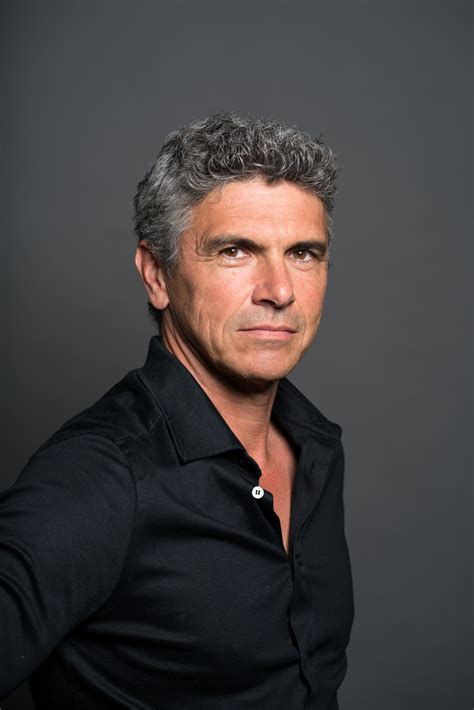A Quote by Petra Collins
When I do an editorial or when I do a campaign, I bring that lens to every space.
Related Quotes
The precise effects of lensing depend on the mass of the lens, the structure of space-time, and the relative distance between us, the lens, and the distant object behind it. It's like a magnifying glass, where the image you get depends on the shape of the lens and how far you hold it from the object you're looking at.
